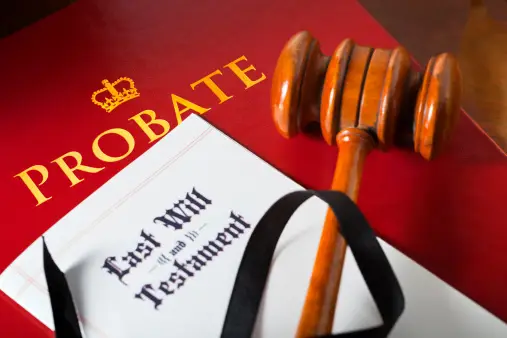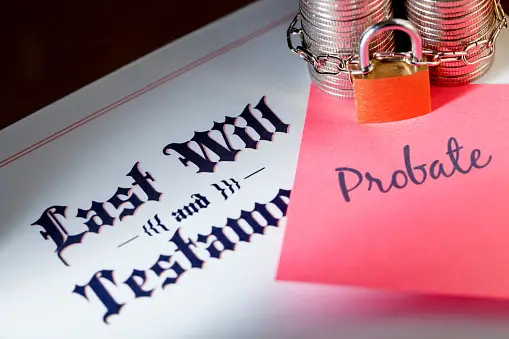Common Challenges in Texas Probate: Navigating Legal Hurdles
Probate can present various challenges, particularly when disputes arise among heirs or when the validity of a will is questioned. Understanding these common legal hurdles is essential for anyone involved in the probate process to ensure a smoother resolution.
For instance, issues may include contested wills, disputes over asset valuations, or disagreements regarding the appointment of executors. Being aware of these potential challenges can help individuals prepare and seek appropriate legal counsel to navigate the complexities of Texas probate law.
The Role of Executors in Texas Probate: Responsibilities and Duties
Executors play a crucial role in the probate process, tasked with managing the deceased's estate and ensuring that their wishes are honored. Understanding the responsibilities of an executor is vital for anyone considering this role or for those who may need to work with an executor.
In Texas, executors are responsible for tasks such as gathering assets, paying debts, filing tax returns, and distributing assets to beneficiaries. Familiarity with these duties can help executors fulfill their obligations effectively and avoid potential legal pitfalls.
Texas Probate Alternatives: Exploring Non-Probate Options
While probate is often the default legal process for managing a deceased person's estate, several alternatives exist that can simplify asset transfer and reduce legal complexities. Exploring these options can provide individuals with valuable insights into estate planning.
For example, tools such as living trusts, joint ownership, and beneficiary designations can allow assets to pass outside of probate. Understanding these alternatives can empower individuals to make informed decisions about how to structure their estates to minimize the need for probate.
Understanding Intestate Succession in Texas: What Happens Without a Will?
When a person dies without a will in Texas, the estate is distributed according to intestate succession laws. Understanding how these laws work is essential for heirs and beneficiaries to know what to expect during the probate process.
Texas intestacy laws dictate that assets will be distributed among surviving relatives, which may include spouses, children, parents, and siblings. Familiarizing oneself with these laws can help individuals understand their rights and the potential distribution of assets in the absence of a will.
Common Challenges in Texas Probate: Navigating Legal Hurdles
Probate can present various challenges, particularly when disputes arise among heirs or when the validity of a will is questioned. Understanding these common legal hurdles is essential for anyone involved in the probate process to ensure a smoother resolution.
For instance, issues may include contested wills, disputes over asset valuations, or disagreements regarding the appointment of executors. Being aware of these potential challenges can help individuals prepare and seek appropriate legal counsel to navigate the complexities of Texas probate law.
The Role of Executors in Texas Probate: Responsibilities and Duties
Executors play a crucial role in the probate process, tasked with managing the deceased's estate and ensuring that their wishes are honored. Understanding the responsibilities of an executor is vital for anyone considering this role or for those who may need to work with an executor.
In Texas, executors are responsible for tasks such as gathering assets, paying debts, filing tax returns, and distributing assets to beneficiaries. Familiarity with these duties can help executors fulfill their obligations effectively and avoid potential legal pitfalls.
Texas Probate Alternatives: Exploring Non-Probate Options
While probate is often the default legal process for managing a deceased person's estate, several alternatives exist that can simplify asset transfer and reduce legal complexities. Exploring these options can provide individuals with valuable insights into estate planning.
For example, tools such as living trusts, joint ownership, and beneficiary designations can allow assets to pass outside of probate. Understanding these alternatives can empower individuals to make informed decisions about how to structure their estates to minimize the need for probate.
Understanding Intestate Succession in Texas: What Happens Without a Will?
When a person dies without a will in Texas, the estate is distributed according to intestate succession laws. Understanding how these laws work is essential for heirs and beneficiaries to know what to expect during the probate process.
Texas intestacy laws dictate that assets will be distributed among surviving relatives, which may include spouses, children, parents, and siblings. Familiarizing oneself with these laws can help individuals understand their rights and the potential distribution of assets in the absence of a will.









